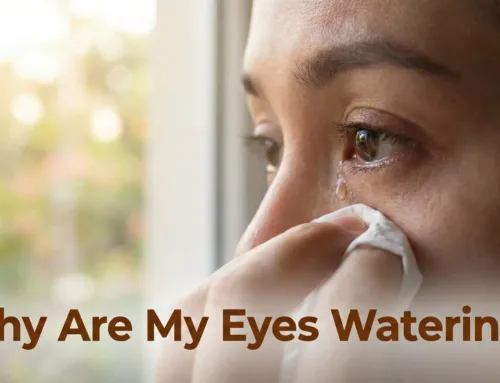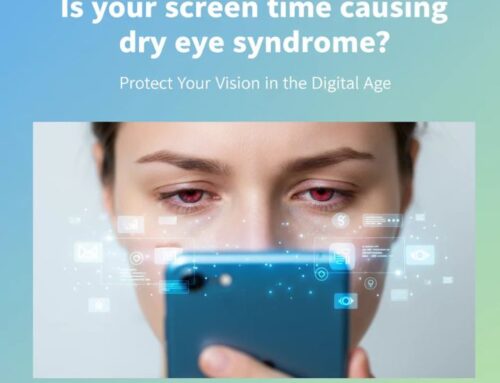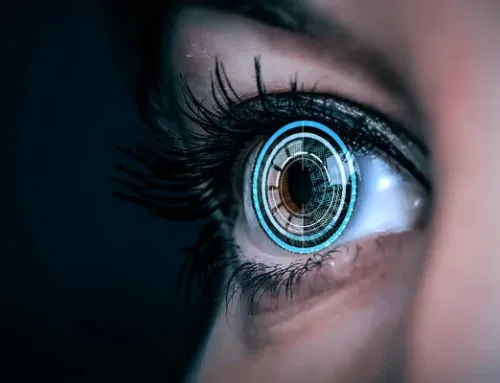Because red, itchy eyes don’t have to be your springtime norm
If you suffer from seasonal allergies, you know the drill—sneezing, congestion, and of course, itchy, watery eyes. For many people, eye irritation is one of the most frustrating symptoms of allergy season. But with the right care and eye allergy treatment, you can enjoy the beauty of spring without the misery.
Let’s break down how allergies affect your eyes and what you can do to protect them.
Why Allergy Season Wreaks Havoc on Your Eyes?
When your body comes into contact with allergens like pollen, dust, or mold, your immune system kicks into overdrive. That reaction releases histamines—chemicals that cause swelling, redness, and itching. Your eyes are especially vulnerable because they’re constantly exposed to the air.
Symptoms of eye allergies (also known as allergic conjunctivitis) include:
- Redness
- Itching or burning
- Watery or teary eyes
- Puffy or swollen eyelids
- Sensitivity to light
Eye Allergy Treatment: What Really Works?
The good news is that you don’t have to suffer through allergy season. There are effective ways to relieve symptoms and prevent flare-ups. Let’s look at some tried-and-true eye allergy treatment options:
1. Over-the-Counter Eye Drops
Look for antihistamine or lubricating eye drops made specifically for allergies. These reduce inflammation and relieve itching. Just make sure to follow the instructions—and avoid overuse, which can sometimes worsen symptoms.
2. Cold Compresses
A cool, damp washcloth over your eyes can reduce swelling and provide quick relief. It’s a simple, drug-free eye allergy treatment that works wonders, especially first thing in the morning.
3. Prescription Medications
If over-the-counter remedies aren’t doing the trick, talk to your doctor or eye care professional. Prescription eye drops or oral antihistamines may be more effective for severe allergy symptoms.
4. Avoid Rubbing Your Eyes
We know—it’s tempting. But rubbing your eyes can release more histamines and make irritation worse. Instead, use eye drops or a cool compress to soothe the itch.
How to Prevent Eye Allergies Before They Start?
Prevention is the best form of eye allergy treatment. Here are some practical tips to reduce exposure and protect your eyes:
- Stay indoors during peak pollen hours (usually early morning and late afternoon)
- Keep windows closed and use air conditioning with a clean filter
- Wear sunglasses outdoors to block airborne allergens
- Shower and change clothes after spending time outside
- Avoid contact lenses during flare-ups—they can trap allergens against your eyes
When to See an Eye Specialist?
If your symptoms persist, get worse, or affect your daily life, it’s time to talk to a professional. You might be dealing with something more than seasonal allergies, such as dry eye or an eye infection. A proper diagnosis will ensure you get the right eye allergy treatment for your needs.
Final Thoughts
Allergy season doesn’t have to mean months of red, itchy, uncomfortable eyes. With the right eye allergy treatment and a few preventative steps, you can keep your vision clear and your eyes feeling comfortable—even when the pollen count is high.
Remember: your eyes deserve as much care as the rest of your body. Treat them kindly this allergy season, and they’ll thank you for it.








